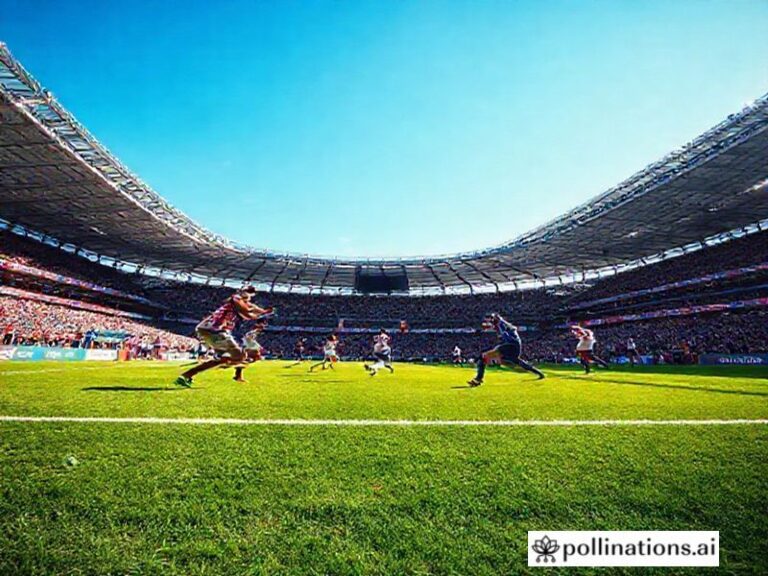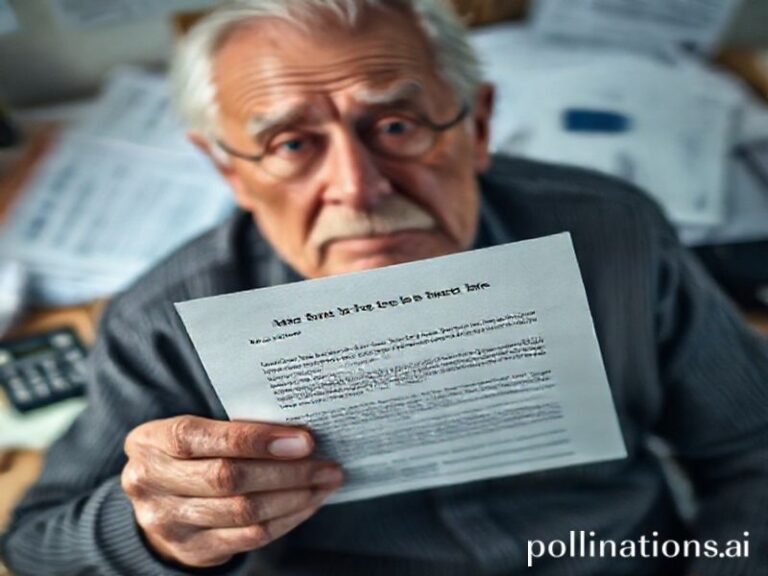Sepp Straka: The Austrian Accountant Quietly Auditing Global Golf’s Balance Sheet
VIENNA—Somewhere between the Alps and the Danube, a mild-mannered Austrian with the alliterative punchline of a name—Sepp Straka—has quietly become the polite face of late-stage capitalism’s favorite pastime: professional golf. That’s right, the same sport once reserved for retired colonels and hedge-fund escapees now moonlights as a geopolitical chessboard, and Straka, bless his efficient, Viennese heart, is the knight who took a wrong turn and ended up on the front page anyway.
To the untrained eye, Straka looks like an accountant who accidentally wandered onto the first tee. To the trained eye, he looks like an accountant who can stripe a 3-wood 310 yards and then invoice you for the trauma. Born in Vienna, educated at Georgia (the university, not the former Soviet republic), and now splitting residency between America and Austria like a tax-optimized yodel, Straka embodies the global citizen every multinational pretends to celebrate in its glossy ESG report. He speaks fluent English with a slight Germanic lilt, the linguistic equivalent of an espresso shot you didn’t order but somehow still paid for.
His 2022 Honda Classic victory—achieved while most of us were doom-scrolling energy prices—made him the first Austrian to win on the PGA Tour. Cue polite applause from the Viennese Philharmonic and a single tear from Arnold Schwarzenegger, who immediately calculated the film-rights residuals. Overnight, Straka morphed from “that guy who tied for 35th in Reno” into a walking metaphor for a continent that still can’t decide whether it’s an empire, a currency union, or an extended wine tasting.
But the world doesn’t simply watch golf anymore; it weaponizes it. Enter LIV Golf, the Saudi-funded insurgency that turned the fairways into a proxy war with all the moral clarity of a Bond film set in a duty-free shop. Straka, ever the good continental, declined the guaranteed millions, citing “loyalty” and “schedule.” Translation: the money wasn’t obscene enough to offset the reputational hangover of explaining to Grandma why Friday prayers now come with pyrotechnics and Phil Mickelson in a hard hat. His refusal became a minor diplomatic incident—Brussels toasted him, Riyadh shrugged, and American golf writers used it as an excuse to compare Saudi Arabia to the NCAA, which is unfair to the Saudis; at least they pay their athletes.
Meanwhile, the European economy performed its usual accordion routine, wheezing between recession and recovery like an asthmatic Oktoberfest band. Straka’s earnings—north of $10 million before agents, coaches, and Viennese pastry allowances—now exceed the GDP of several micro-nations you’ve definitely pretended to visit. Each birdie reverberates through Bloomberg terminals: a one-shot swing on Sunday moves Nike stock three cents and some hedge-fund intern rebalances a sovereign-wealth fund. Somewhere, a quant in Zurich is building a derivative based on Straka’s sand-save percentage and the price of natural gas—because nothing says “sport” like collateralized divot obligations.
Naturally, the Olympics came calling. Tokyo 2021—held in 2020 for fans of linear time—featured Straka representing Austria in a tournament staged at a club so exclusive it required spectators to bring their own childhood trauma. He finished T10, prompting Austrian state television to break into scheduled programming with the urgency usually reserved for alpine avalanches or schnitzel shortages. The International Olympic Committee, ever vigilant against joy, promptly reminded athletes that medal bonuses would be paid in exposure and branded tote bags.
Now, as the 2024 Ryder Cup looms like a tax audit, Straka stands poised to become Europe’s not-so-secret weapon, assuming he can survive the inevitable think-pieces about whether a transatlantic team event can still unify a continent that can’t agree on butter vs. margarine. If he holes the clinching putt, expect spontaneous yodeling from Innsbruck to Instagram. If he misses, the European Union will probably sanction somebody, most likely the Irish.
In the end, Sepp Straka is what happens when globalization discovers golf: a soft-spoken Austrian with an accountant’s demeanor and a sniper’s short game, cashing checks large enough to prop up a small pension fund while politely declining to become a geopolitical prop. He is the living rebuttal to every LinkedIn post that insists “sports and politics don’t mix.” They do mix—like Jagermeister and Red Bull at 3 a.m.—and the hangover, dear reader, is always international.







